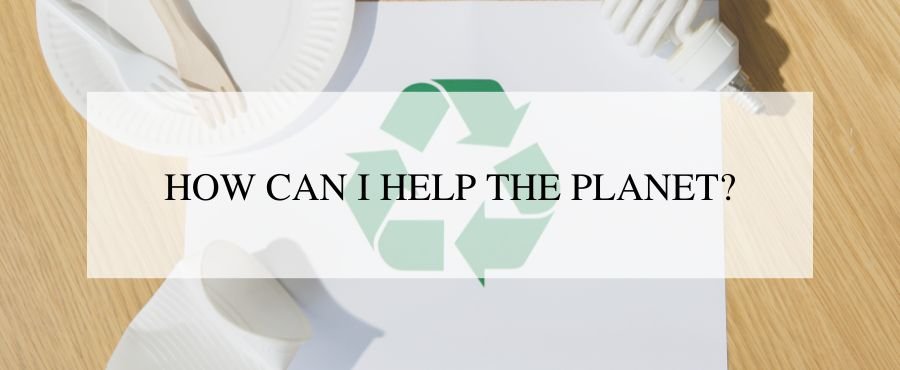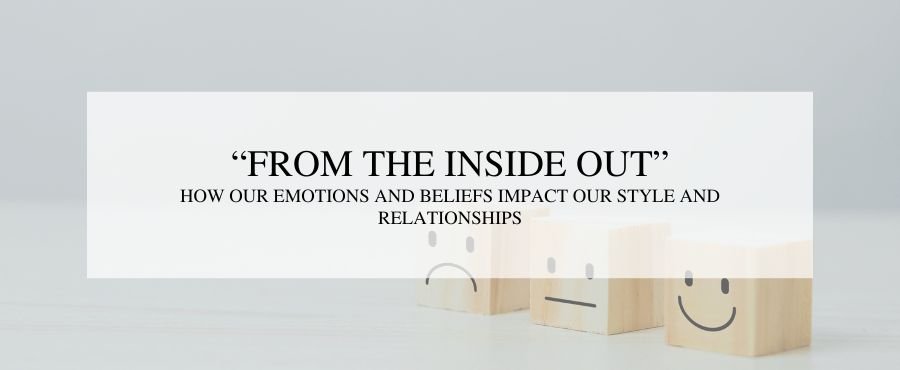Sometimes people ask us, how can I help the planet? Is it only the responsibility of companies to have more sustainable practices? Or can I also contribute something from my home or office to mitigate the environmental issues we are facing? How to Help the Planet?
Often, we find that the term “sustainability” becomes so vast and distant that it seems impossible to grasp or incorporate it into our daily lives. We might feel that it’s solely the duty of brands generating large amounts of waste to take action, but in reality, it’s the responsibility of all of us living on this planet to help preserve it.
So, in simple terms, what is sustainability? Sustainability means using resources wisely so that we can continue to have what we need in the future without harming the planet in the process. It’s like taking care of our home by balancing economic, social, and environmental development to ensure it remains a good place to live, both now and in the future, while safeguarding natural resources and minimizing negative impacts on the environment.
This is a topic that should be taught in schools to reduce friction and ignorance regarding sustainable practices, starting from our homes, for example.
Now that we know this, how can we contribute to environmental sustainability in our daily lives? We offer you 5 actions to start easily and make it sustainable for you over time, continuing to do them and gradually adding more. Start small until it becomes a part of your life.
How Can I Help the Planet? 5 Easy and Sustainable Actions
- Reduce water consumption: From showering to washing dishes and shoes. Reusing laundry water for household cleaning or soaking other clothes for another wash can be a significant help.
- Decrease the use of plastic bags: Make the most of the ones you already have and avoid buying more. Use your cloth bag; you probably have one from a fair or as a souvenir from a purchase. They are an excellent option. Remember to always carry it with you to avoid bringing more plastic bags home.
- Sort your waste: Start by reducing your waste. There’s no point in sorting it meticulously if the amounts of waste are disproportionate. Try to reduce what you generate. If possible, buy in bulk using your own bags. Use solid cosmetics to reduce packaging. Avoid single-use disposable packaging like Styrofoam or fast food containers. Buy only the amount of food you’ll consume, and then ensure you sort your waste according to your city’s regulations for proper disposal. Feel the satisfaction of reducing the size of your waste bag.
- Reduce meat consumption: By reducing animal products, you’re sending a message to the industry to reduce overproduction and deforestation for animal feed. This helps combat soil aridity, greenhouse gas emissions, global temperature rise, and the alteration of ecosystems due to extreme climate changes.
- Invest in durable, quality local products: instead of single-use items this reduces the environmental footprint associated with transportation and repetitive purchasing, decreasing waste. This applies to everything, especially clothing. Often, fast fashion is bought and ends up in garbage dumps in less than 3 months. It’s essential to shop smartly and strategically. Our advice is to invest less but better and learn to maximize the use of your daily wear and products.
As you can see, these are very simple practices that you can incorporate into your daily life. What we need is your willingness to join the change for the planet, taking 5 actions at a time. We share these because they were among the first ones we implemented in our daily lives, and they weren’t difficult or met with resistance. We encourage you to start with these and continue adding more. Which ones are you already doing, and which ones would you add that you’re already implementing?
We hope you share with your family and friends so that together we can start an ecological chain. With 5 at a time, we can stabilize our ecosystems and make changes. We first need a change in consciousness to see it reflected. I hope now you know how to respond when asked, ‘How can I help the planet?'”
Thank you for reading this far, and don’t forget to leave us your comments below. Follow us for more information on our social media channels: Facebook and Instagram @nahualeco.com
Warm regards, Vero.













